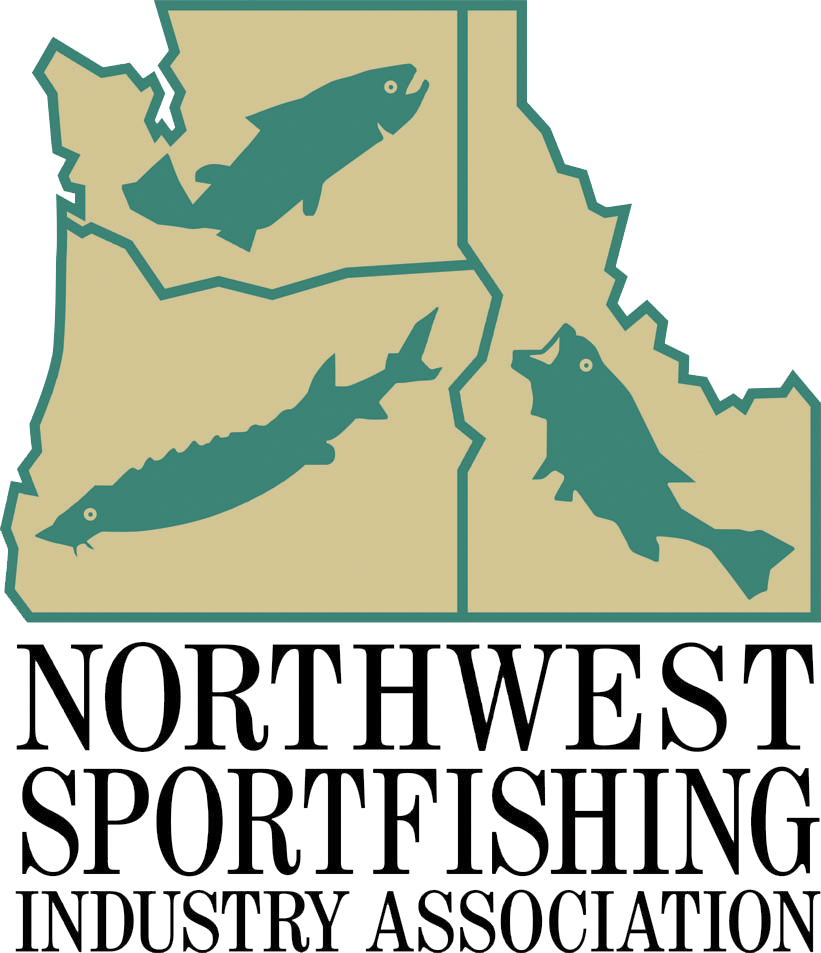


Eugene, OR – The McKenzie Hatchery will continue to release Spring Chinook hatchery smolts in the McKenzie and Willamette River thanks to a ruling by Federal Judge Thomas Coffin.
The Northwest Sportfishing Industry Association filed amicus briefs along with the Association of NW Steelheaders and McKenzie River Guides Association, in support of the Oregon Department of Fish and Wildlife (ODFW) in this case filed against ODFW by the McKenzie River Fly Fishers. The McKenzie Flyfishers sought an injunction that would have harmed salmon recovery efforts in the basin and had a negative effect upon sport fishing businesses and the angling public who fund the conservation mission of ODFW.
“The effects of cutting the McKenzie River’s Spring Chinook production in half, would have deep economic consequences for the members of the McKenzie River Guides Association and the surrounding rural communities where we live and work”, said Steve Mealey, President of MRGA. “However, MRGA remains committed to restoring wild Spring Chinook to the McKenzie basin and finding a balance that keeps the promises made to this river, these fish, and our communities, when the dams were built.”
During the hearing, Judge Thomas Coffin expressed concerns that the Plaintiffs were asking the court to rule between competing sciences. When asked by the Judge if appropriate conservation measures could be achieved for the hatchery by a date certain, the state asserted confidence it could do so by 2018, with the current plan. The state’s assertion was bolstered by a letter in the record from NOAA Fisheries, the agency charged with responsibility under the Endangered Species Act. Judge Coffin referred to the NOAA letter several times during the hearing.
“While this ruling is a great win for the sportfishing industry, we will continue to work on our goal to return 80,000 hatchery and wild Spring Chinook adults to the basin,” says Liz Hamilton, Executive Director of Northwest Sportfishing Industry Association, “We know that hatchery vs. wild is a false choice and that healthy salmon populations sustain jobs, create a legacy of stewardship for the river, and bond families and friends in an unparalleled environment. The Willamette River fishery is a cultural and economic treasure few rivers can boast of.”
“We can’t help but think time would be better spent on larger issues that are suppressing wild spring chinook populations in the basin, such as: major blockages of prime, historic spawning and rearing habitat by federal dams; appropriate flow and temperature regimes; agricultural run-off from the Willamette Basin and an army of sea lions camped at the base of Willamette falls during their full migration period, to name a few.” Hamilton continued.
And Hamilton isn’t the only one who feels this way. “Fish would be better off if organizations worked on high priority restoration and preservation campaigns instead of fragmenting user groups with such frivolous lawsuits such as this,” stated Bob Rees, Executive Director of the Association of NW Steelheaders.
